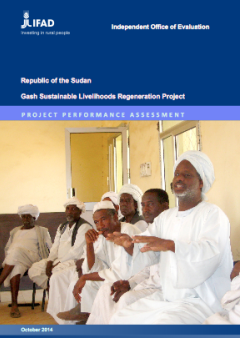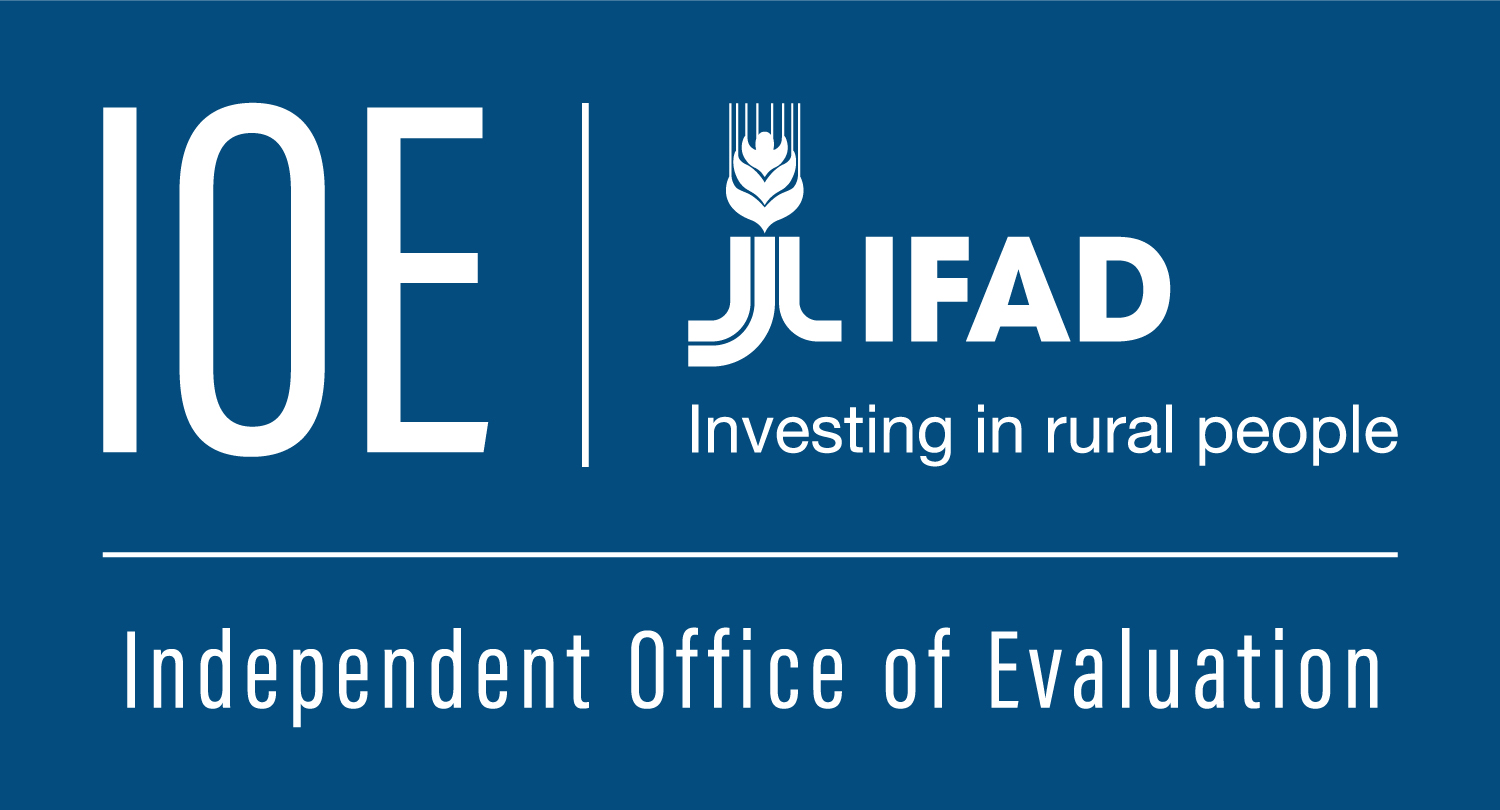
Republic of the Sudan Gash Sustainable Livelihoods Regeneration Project (Project Performance Assessment)
The Gash Sustainable Livelihoods Regeneration Project in The Sudan implemented between 2004 and 2012, aimed to regenerate the livelihoods of rural poor people based on equitable, secure, transparent access to land and water. For this, the rehabilitation of the Gash spate irrigation scheme, which was a major part of the investment, was to be accompanied by land tenure reform and institutional-building. In addition, the project also supported financial services, community development and livestock rearing.
The project made an important contribution in terms of setting a reform process in motion and supporting institution-strengthening, notably by introducing irrigation management transfer to newly formed water users' associations and land tenancy reform. Following substantial investment in civil works, capturing of floodwater and potential irrigation capacity have improved, and the towns are better protected from flooding. The project helped improve access to safe water for rural households and contributed to empowering women in a highly conservative society.
The project fell short of its objectives, not least because the initial aim was ambitious and the operational environment was challenging. The design underestimated the complexities of the social, political and institutional contexts; institutions were not adequately analysed, and the work needed to upgrade their capacities was underestimated. Opportunities arising from the significant investments in irrigation infrastructure rehabilitation were not adequately exploited to generate expected results at the farm and household levels. The sustainability of the Gash spate irrigation scheme is a matter of concern.

